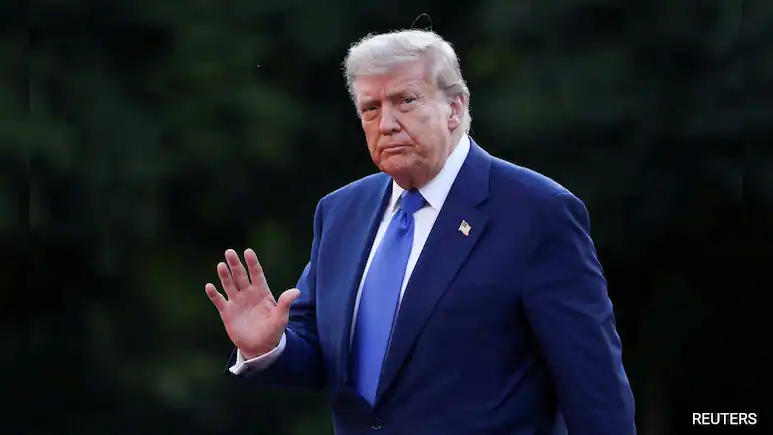On Monday, President Donald Trump signed an executive order officially ending a longstanding U.S. sanctions program on Syria, marking a major policy shift intended to reintegrate the country into the international financial system and support its reconstruction following years of civil war.
The White House confirmed that while the core sanctions program has been dismantled, targeted restrictions will remain on Syria’s former president Bashar al-Assad, his associates, human rights violators, drug traffickers, individuals tied to chemical weapons use, ISIS affiliates, and Iran-backed proxies. White House spokesperson Karoline Leavitt stated that these targeted sanctions align with ongoing U.S. national security interests.
Assad, who was overthrown in December in a swift offensive by Islamist-led rebels, left behind a fractured state. Since then, Syria has begun efforts to restore diplomatic ties globally. The current Syrian President, Ahmed al-Sharaa, met with Trump in Riyadh in May, during which Trump made a surprise announcement that sanctions would be lifted — a move that spurred the latest executive action.
Syrian Foreign Minister Asaad al-Shibani welcomed the decision on social media platform X, stating that it “removes the barrier to economic recovery and opens the door to long-awaited reconstruction and development.” He emphasized that Syria is now better positioned to re-engage with the international community.
The lifting of sanctions comes amid broader international momentum. Several members of the U.S. Congress are calling for a full repeal of restrictions, and the European Union has declared an end to its own economic sanctions on Syria.
“This is the result of a very long, technical, and painful process,” said Thomas Barrack, U.S. Special Envoy for Syria. “Syria is being given a chance, and that’s what matters most now.”
According to a White House fact sheet, the executive order also instructs the Secretary of State to review Syria’s terrorism designation, including groups like Hayat Tahrir al-Sham, which has ties to al Qaeda and was formerly led by President al-Sharaa. Additionally, Syria’s classification as a state sponsor of terrorism will be re-evaluated.
The Biden administration highlighted key expectations from Syria moving forward, such as progress toward normalizing relations with Israel, expelling foreign and Palestinian terrorists, and banning related militant groups.
Complex Sanctions Structure
Despite the executive order, many U.S. sanctions on Syria remain intact due to statutory authority, including those under the Caesar Syria Civilian Protection Act. A senior administration official indicated that discussions are underway to identify suspension criteria for Caesar Act provisions, which must be lifted for Syria to attract significant long-term investment.
Most sanctions were first imposed in 2011 in response to the Syrian government’s violent crackdown during the outbreak of civil war. Monday’s executive order also terminates a national emergency declared in 2004 and revokes related executive orders.
The move follows the U.S. Treasury Department’s issuance of a general license earlier in May, which permitted financial transactions involving Syria’s interim government, central bank, and state-owned enterprises.
Humanitarian and Political Implications
Although the U.S. did not comment on a new Reuters investigation detailing alleged involvement of Syrian forces in mass killings of over 1,500 Alawite civilians along the Mediterranean coast, questions remain regarding whether any of the individuals or factions implicated in the report will benefit from the easing of sanctions.
Nonetheless, humanitarian organizations and foreign investors have expressed optimism. The easing of restrictions could facilitate broader international engagement, stimulate trade, and accelerate Syria’s post-war recovery.
The executive order outlines several additional directives, including easing certain export controls and issuing specific waivers, further opening the door to commercial and developmental cooperation with Syria.
While critics remain wary, the administration maintains that this calculated policy shift balances diplomatic opportunity with national security safeguards.



